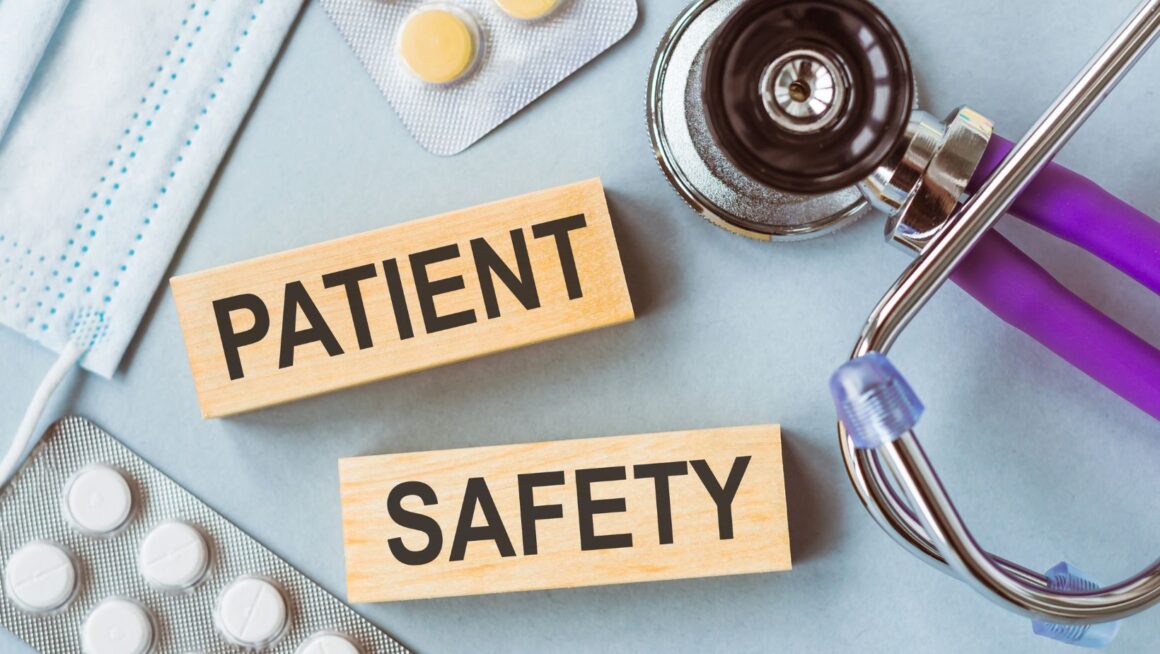Taking prescription medications is an essential part of managing many health conditions. However, keeping track of multiple prescriptions can become complicated, especially as we get older.
There are too many details to remember – when to take each pill, how much to take, possible side effects, and drug interactions. It’s no wonder medication mismanagement is common among older adults.
But having an organized medication routine doesn’t need to be difficult or stressful. With a few simple habits tailored for the needs of older adults, you can feel more confident that your prescriptions are working safely and effectively for you. In this article, we’ll share some tried-and-true tips for keeping medications straight.
Following Your Medication Instructions is Crucial
It is extremely important to take your prescribed medications exactly as directed by your healthcare provider.
Take the proper dosage at the recommended intervals, and do not skip doses or stop taking medication without consulting your doctor first. Even if you start feeling better, abruptly discontinuing some medications can lead to serious health consequences or a return to the original condition in a more severe form.
Never take someone else’s prescribed medication, as doctors carefully select medications based on your specific medical history, conditions, allergies, and potential drug interactions. Taking the wrong medication or improper dosage can cause dangerous side effects or mask important symptoms of an underlying issue.
If you experience troubling side effects or have any questions about your medication, reach out to your healthcare provider or pharmacist right away. They can provide guidance, suggest ways to manage side effects, or potentially adjust your prescription if needed. Don’t try to change dosages on your own.

Medication dosing is carefully determined through clinical trials, so taking more or less than prescribed is ill-advised. Your health professionals, including pharmacists who have earned a degree from a reputable online pharmacy school or traditional institutions, have the expertise to ensure you receive the proper course of treatment.
According to the University of Findlay, if you struggle with remembering to take medications properly, don’t hesitate to ask your pharmacist for tools or strategies to help you stay on track.
Pharmacists are medication experts and part of your healthcare team, dedicated to helping you understand and properly manage your pharmaceutical treatment plan.
Verify the Expiration Dates on Medicines and Store Them Properly
According to the FDA, storing your medications correctly helps ensure they remain safe and effective. How medicines are kept can impact how well they work or potentially cause harm, even if not expired.
Consult individual medication instructions for specific storage requirements. Most do best in a cool, dry place away from heat, light, and moisture. Do not leave medicines in very hot or cold vehicles. Some may need refrigeration.
Keep all medications well out of children’s reach at all times. Children are at risk of accidental poisoning if medicines resemble candy or food. Ask your pharmacist if you have any questions about proper storage.
Expired or improperly stored medications could degrade over time and become less effective or potentially harmful. This is especially concerning for those with serious or life-threatening conditions. Outdated drugs may not work as intended or cause unwanted side effects.
Make sure you frequently verify the expiration dates on all prescribed medications. Dispose of anything that has passed its use-by date safely, such as via take-back programs. Proper handling and storage help medications maintain potency and safety. Consult your doctor or pharmacist for additional questions or concerns.
Safely Managing Prescription Pain Medications
It is important to manage your prescription pain medications safely. Do not suddenly stop taking them without first consulting your healthcare provider, as stopping after more than 2 weeks of continuous use could cause dangerous withdrawal symptoms.
Remember to follow your prescribing clinician’s instructions on dosage when using medications. Do not exceed the recommended amount to avoid issues like breathing problems or other health risks.
For transdermal patches, properly remove the old one fully before applying a new one. Time your doses appropriately, such as taking them 30 minutes before physical therapy or exercise to manage pain preemptively or before bedtime. Be aware of potential side effects from certain foods, alcohol, or other medication interactions, and ask your provider how to minimize these risks.
Constipation is commonly associated with prescription pain meds, so eat high-fiber foods, stay hydrated as able, and exercise if possible to help prevent constipation symptoms.
Safely dispose of unused or expired medications per your provider’s instructions to prevent accidental misuse. Contact your clinician with any concerns regarding the side effects or efficacy of your prescribed pain medication regimen, as your health and safety are the top priorities.
FAQs
- Why is medication management crucial for older adults?
As we age, our bodies undergo changes that can impact how medications are metabolized and eliminated. Older adults may require lower doses or alternative medications to account for reduced drug clearance rates and increased sensitivity to certain compounds. Careful consideration of an individual’s age and overall health is essential when prescribing medications to seniors.
- What are the fundamental principles for safe medication administration?
Healthcare professionals, particularly nurses, are trained to follow the “five rights” of medication administration. They are ensuring the right patient, the right drug, the right time, the right dose, and the right route of administration

. Adhering to these guidelines is widely regarded as the standard for safe medication practices and minimizing the risk of errors.
- Which antibiotic is generally well-tolerated by older patients?
Levofloxacin, a fluoroquinolone antibiotic, is often considered a safer choice for older adults due to its relatively low risk of causing allergic reactions or adverse effects on other organs compared to some alternatives. However, healthcare providers must still evaluate each patient’s unique circumstances and potential for drug interactions or side effects.
Ensuring medication safety for older adults is a shared responsibility between patients, caregivers, and healthcare professionals. While following instructions and being vigilant about proper storage and disposal is crucial, it’s also important to have open and ongoing conversations with your healthcare team.
Don’t hesitate to ask questions, voice concerns, or explore alternative options if a medication seems to be causing more harm than good. The ultimate goal is to find the right balance of medications that effectively manage conditions while minimizing risks and side effects. This enables older adults to maintain their quality of life and independence for as long as possible.



